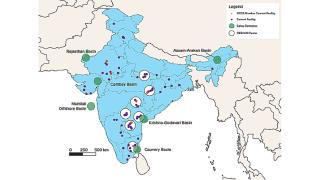Solid Recovered Fuel (SRF) is still classified as a waste material, not a product, despite the fact it is manufactured to a quality specification and is a resource from which energy can be recovered. UNTHA UK’s alternative fuel production expert Marcus Brew considers the parameters within which SRF must be manufactured, before investigating the arguments for and against SRF being reclassified as a product or fuel. By Marcus Brew, UNTHA Shredding Technology, UK.
It has been widely reported that Solid Recovered Fuel (SRF) has the potential to satisfy approximately five per cent of the country’s energy requirements. When considering this, plus impending landfill targets, the increasing depletion of fossil fuels and the need to improve the UK’s waste agenda, everything seems to point towards SRF being an area of great potential.
If this is the case, why don’t we better embrace this sustainable resource? When used in replacement of traditional fuels, SRF is carbon neutral, so what is holding us back?
